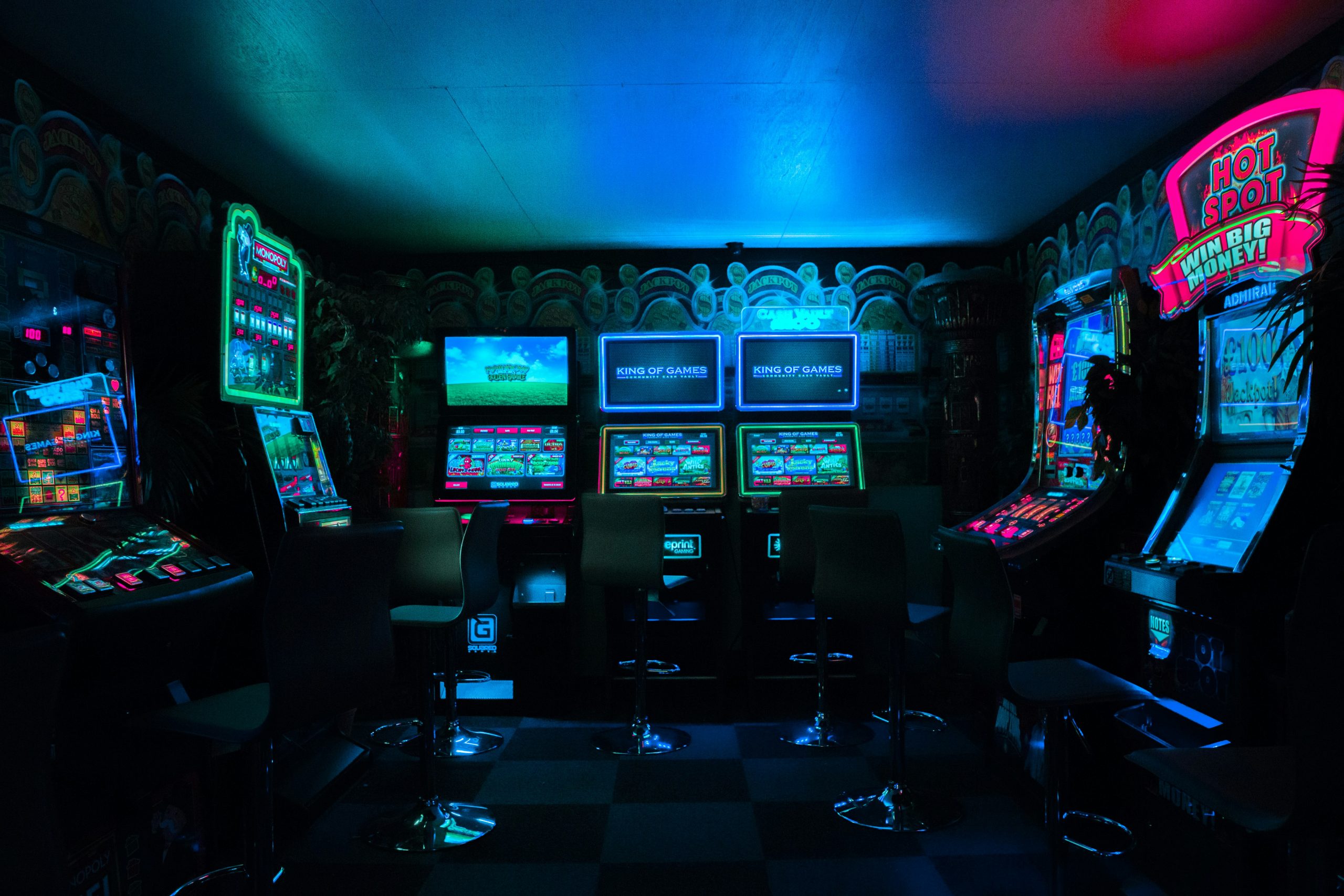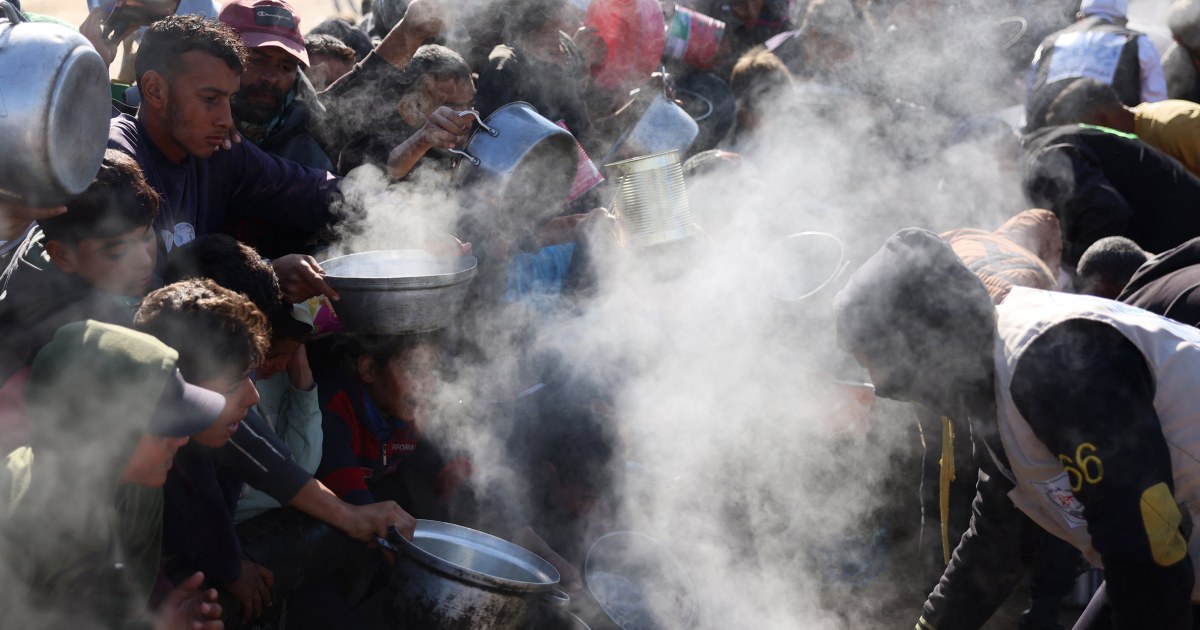Travel
Column: American grandeur, in both landscape and spirit

My wife and I spent four of the past six weeks on the road in the west on two road trips that covered 3,700 miles. Our travels, which took us from Phoenix to the Pacific Northwest, helped us appreciate the vastness and emptiness of almost all of the American West and we were constantly astonished at the Western skies, which seemed more open and endless to the two of us, who have spent nearly all our lives in the East.
We spent our first week on a 1,200-mile road trip from Phoenix to the Grand Canyon and Bryce Canyon, van-camping in national forests and national parks, state parks and RV parks. My step-daughter, who owns a van, did all of the driving and her 15-year-old son got his first taste of the Southwest’s canyons and deserts. A late spring snow storm prevented us from a planned hike among the hoodoos at Bryce Canyon, but opened the door for a visit to pueblos precariously perched on cliffsides in Arizona.
After 10 days at home, we caught an early morning flight to Salt Lake City, where we rented a car and traveled 2,500 miles over the next three weeks, visiting relatives in Preston, Idaho, and in Anacortes, Seattle and Gig Harbor, Washington. Our travels took us through snow-capped mountains, high plains deserts and lots of empty wide-open spaces. Our iPhones are now full of pictures of vertiginous mountain roads in Arizona, Utah, Montana, Idaho and Washington and dazzling clouds and vistas that could fill wall calendars for decades.
The natural beauty we witnessed on these trips was breathtaking, yet my wife and I both came away even more impressed by the positive energy we experienced among the many people we encountered, a positive energy that undercuts the prevalent narrative in the news that our country is hopelessly divided. After living in the Upper Valley for nearly 20-years, we have become accustomed to the friendliness and courtesy we experience day-in-and day-out: shopping, dining, biking on roads where drivers offer a wide berth, hiking on well-kept trails where we cross paths with families and friends, and playing in pick-up bands with musicians who enjoy each other’s company. Based on the daily doomscroll I receive and the news accounts I read about in “the rest of the country,” I assumed the Upper Valley was an anomaly. It isn’t.
Our travels brought us in contact with a wide cross section of people working in the tourist industry, many of whom hold jobs that offer paltry wages and benefits, jobs that are often characterized as undesirable: convenience store clerks, grocery store cashiers, restaurant waitstaff, night managers and housekeepers in motels, TSA and airport support staff. Our experience over our four weeks of travel was that everyone was unfailingly helpful, patient and kind. Everyone seemed genuinely happy with their work despite the challenges they faced. Faced with bedraggled and weary travelers, these overworked and underpaid individuals invariably offered a cheerful greeting, helped us find items we needed and offered sincere apologies for any problems we experienced.
While traveling, my wife and I joined relatives who regularly watch news shows on TV in their homes, something we haven’t done in years. Some relatives skewed to the right politically while others skewed left. In watching the news shows they chose I was struck by the venom of segments that seemed to always pit “good” against “evil,” presentations where those on one side were always virtuous while those on the other side were always wrongheaded. I also noticed that the “rank and file” citizens depicted in many of the news segments tended to be mean-spirited and angry as they demonstrated for or against various contentious causes. Worse, on the talk shows we watched the hosts and guests often talked over each other, seldom exhibiting the kind of listening needed to gain mutual understanding. In short, the news shows reinforced the divisiveness that pundits and politicians decry.
The good news is the world we saw on the road was different from the world we witnessed on the screen or the world we’d been presented in our daily news feeds. The world we witnessed in our travels was hardly toxic, rancorous or divided. It was full of mutual respect, genuine kindness and levelheadedness, qualities that I failed to witness in my small, random sample of news watching and that I seldom read about online.
American voters undeniably have many differences in outlooks and attitudes when it comes to politics, but I came away from our travels with the sense that the great majority of Americans want to find common ground with each other. Trump and Biden can sling mud at each other all they want, but I do not believe the fearmongering and doom and gloom we witness in the nightly news and our news feeds captures the spirit of our country.
Wayne Gersen is a retired school administrator. He lives in Etna.








